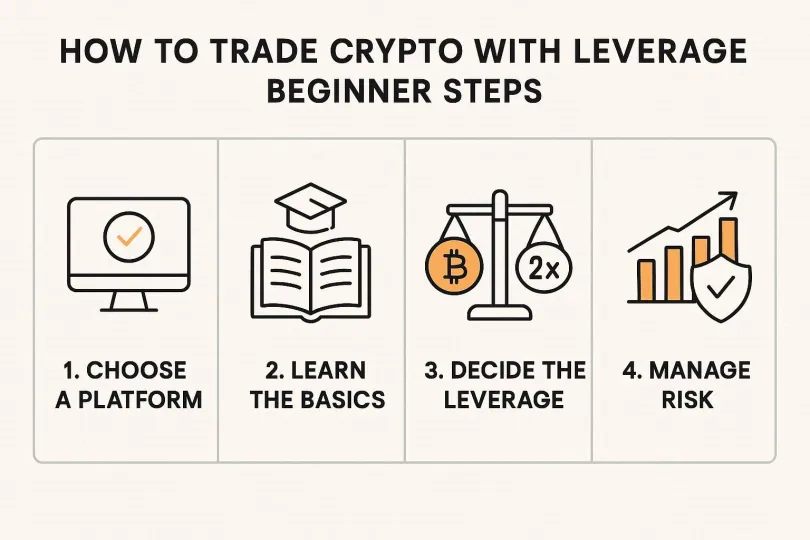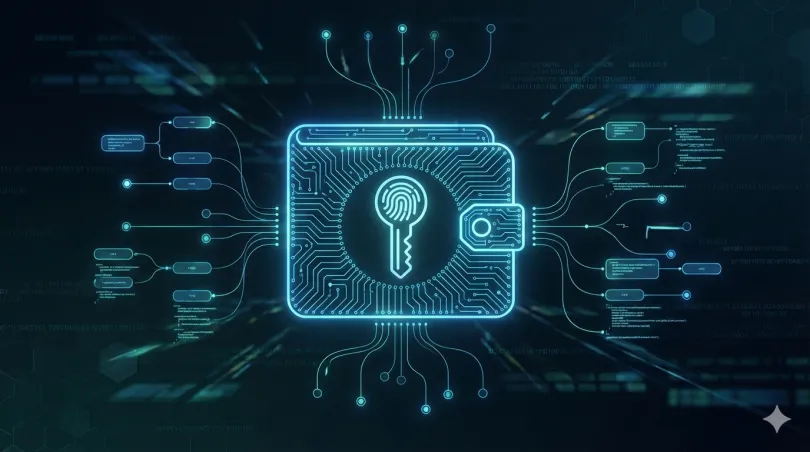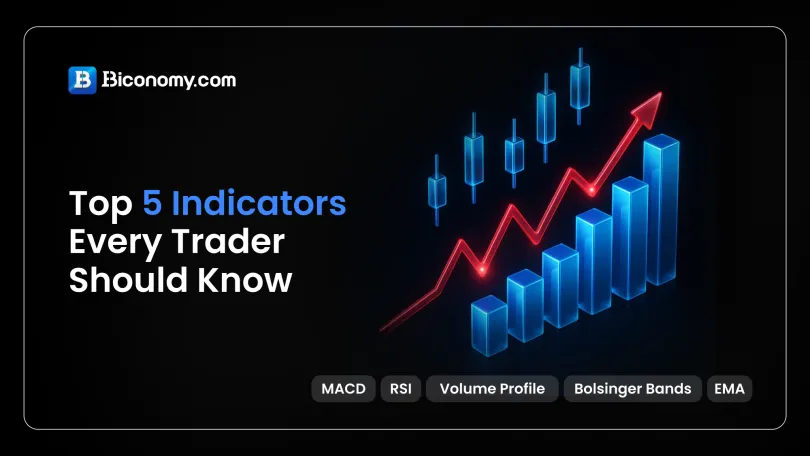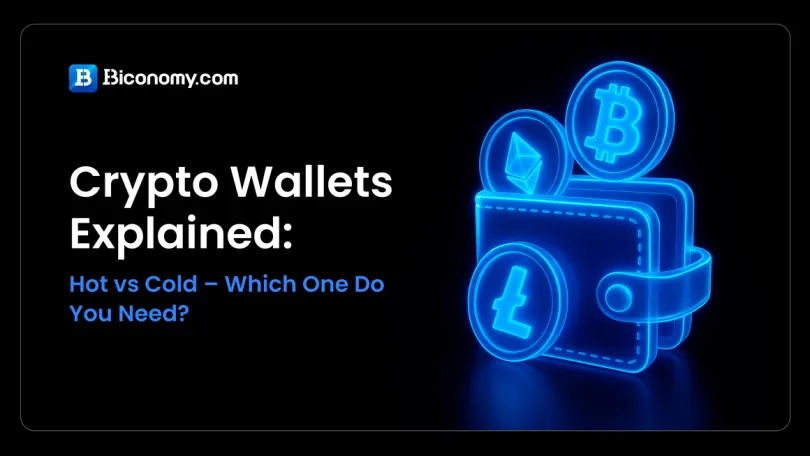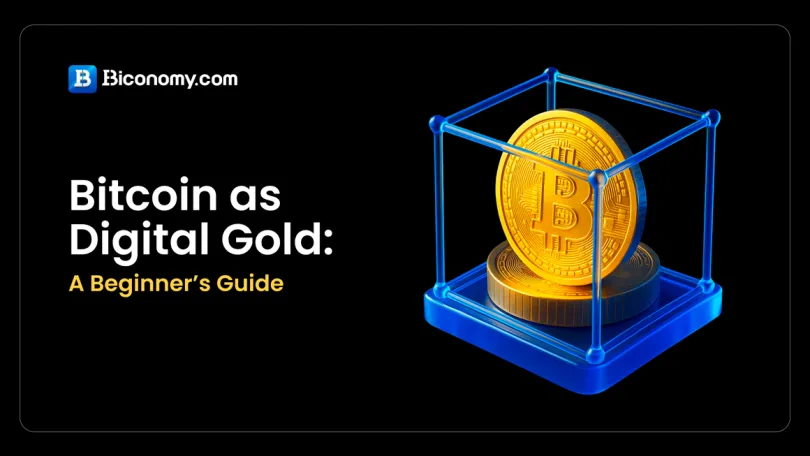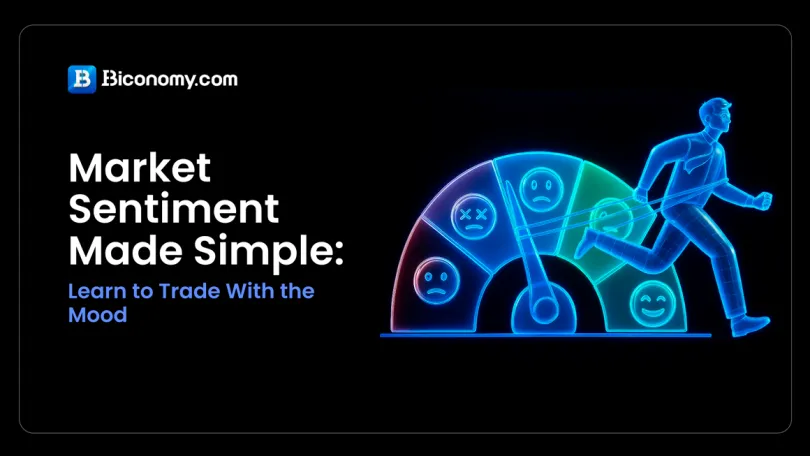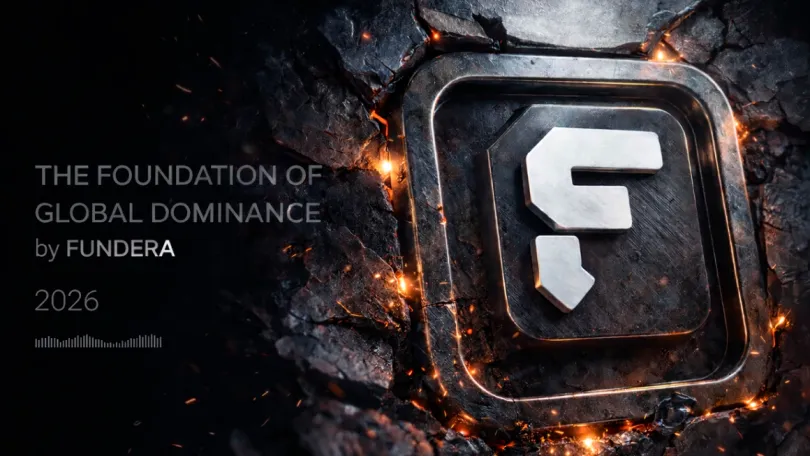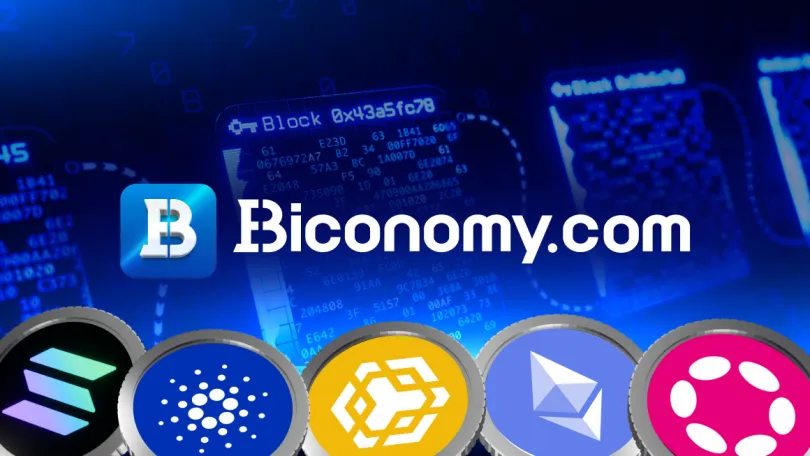
In the dynamic landscape of blockchain technology, identifying the best platform entails a comprehensive analysis of various factors ranging from scalability, security, consensus mechanisms, developer activity, to real-world adoption.
This article delves into the evaluation of the top blockchain platforms as of 2024, shedding light on their strengths, weaknesses, and their potential to revolutionize industries across the globe.
Introduction
Blockchain technology has emerged as a disruptive force, promising transparency, decentralization, and immutable record-keeping. With an array of blockchain platforms vying for dominance, determining the best one necessitates a deep dive into their technical prowess, governance models, and community support. In this article, we embark on a journey to explore the leading contenders in the blockchain arena, dissecting their features and assessing their suitability for diverse applications.
Ethereum: The Pioneer of Smart Contracts
Undoubtedly, Ethereum stands as a trailblazer in the realm of blockchain platforms, primarily owing to its robust smart contract functionality. Launched in 2015, Ethereum introduced the concept of decentralized applications (#DApps) and facilitated the issuance of tokens through its ERC-20 standard. However, Ethereum has been grappling with scalability issues, as evidenced by network congestion and high gas fees. Nevertheless, its upcoming transition to #Ethereum 2.0 promises to address these challenges by implementing a #proof-of-stake consensus mechanism and sharding.
Binance Smart Chain: The Rise of DeFi
Binance Smart Chain (#BSC) has rapidly gained traction, emerging as a formidable competitor to Ethereum, particularly in the decentralized finance (#DeFi) space. Leveraging a delegated proof-of-stake (DPoS) consensus mechanism, BSC offers faster transaction processing and lower fees compared to Ethereum. Moreover, its seamless integration with the Binance ecosystem and support for Ethereum Virtual Machine (#EVM) compatibility has fueled its adoption among developers and users alike. However, BSC has faced criticism for its centralization concerns, given its reliance on a limited number of validators.
Polkadot: Interoperability and Scalability
Polkadot distinguishes itself through its innovative approach to interoperability and scalability, envisioning a multi-chain ecosystem interconnected through its relay chain. Founded by Ethereum co-founder Gavin Wood, Polkadot employs a novel consensus mechanism known as nominated proof-of-stake (NPoS), allowing token holders to participate in network governance. With its parachain architecture and cross-chain messaging passing (XCMP) protocol, Polkadot aims to facilitate seamless communication between diverse blockchains, fostering a vibrant ecosystem of interconnected applications. However, #Polkadot is still in its early stages of development, with ongoing efforts to onboard parachain projects and enhance its infrastructure.
Cardano: A Paradigm Shift in Blockchain Governance
Cardano has garnered attention for its emphasis on academic rigor, formal methods, and evidence-based development. Founded by IOHK (Input Output Hong Kong), Cardano aims to establish a robust foundation for decentralized applications while prioritizing scalability, interoperability, and sustainability. Utilizing the Ouroboros consensus protocol, #Cardano boasts high transaction throughput and low energy consumption, positioning itself as a sustainable alternative to proof-of-work (#PoW) based blockchains. Furthermore, Cardano's treasury system and decentralized governance mechanisms empower the community to shape the platform's evolution and allocate resources effectively.
Solana: A Scalability Breakthrough
Solana has emerged as a frontrunner in addressing the scalability trilemma - scalability, security, and decentralization. Powered by a unique blend of proof-of-history (PoH) and proof-of-stake (PoS) consensus mechanisms, #Solana achieves blazingly fast transaction speeds and low latency, making it suitable for high-performance applications. Its innovative approach to sharding and parallel processing enables Solana to scale linearly with network growth, surpassing traditional blockchain throughput limitations. Moreover, Solana's vibrant ecosystem, developer-friendly tools, and robust security measures have attracted a diverse array of projects spanning DeFi, #NFTs, and gaming.
Conclusion
The quest to determine the best blockchain platform is inherently subjective, as it hinges on the specific requirements and priorities of stakeholders. Ethereum remains a dominant force in the realm of smart contracts, albeit facing scalability challenges. Binance Smart Chain has carved a niche in the DeFi space with its low fees and fast transaction processing. Polkadot's vision of interoperability and scalability holds immense promise, albeit in the early stages of development. Cardano stands out for its scientific approach to blockchain governance and sustainability. Solana's breakthroughs in scalability and performance position it as a formidable contender for high-throughput applications.
Ultimately, the best blockchain platform is one that aligns with the values of decentralization, security, scalability, and usability, while fostering innovation and inclusivity within its ecosystem. As the blockchain landscape continues to evolve, it is imperative for stakeholders to stay abreast of technological advancements and emerging trends, paving the way for a decentralized future powered by blockchain technology.
This educational article has been brought to you by the leading cryptocurrency exchange https://www.biconomy.com - we have been operating since 2019 and offer all types of cryptocurrency services to beginners as well as experienced traders.
Always be aware of the risks, monitor your positions carefully, and remember - only you bear full responsibility for both your profits and your losses.
Join us https://twitter.com/BiconomyCom















